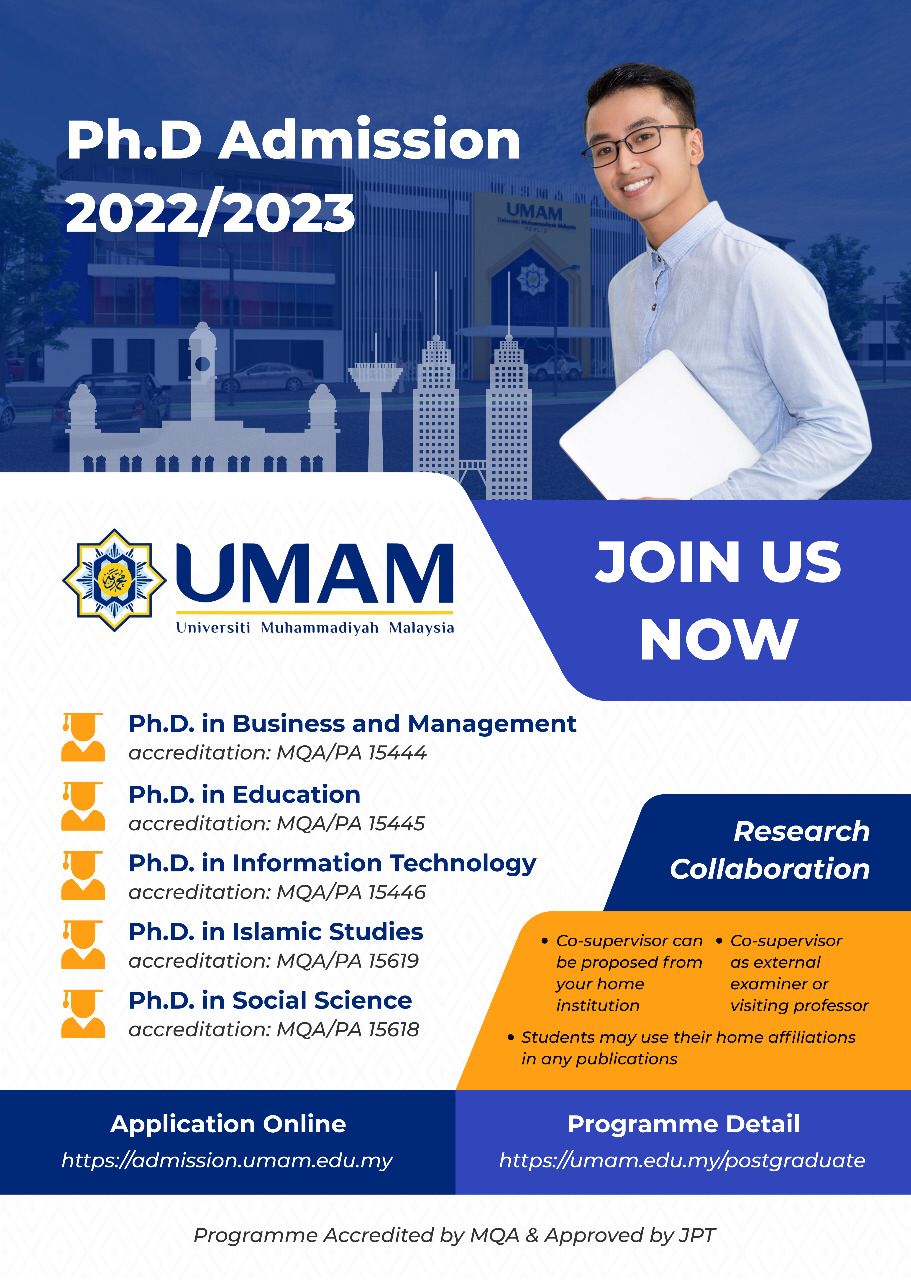IEVE 2022
Please use this template (4 to 6 pages ONLY)
All Accepted peer-reviewed papers will be published in proceedings or journal indexed by Scopus.
International Conference on Education and Vocational Education (IEVE2022) focuses on critical issues on education and its challenge to formulate an ideal concept of education and vocational education in the future. Although the boundaries of vocational education and education itself have been clearly identified in terms of theoretical point of views but still lack on practical implementations. In the global competitiveness era, the shift roles of education and vocational education should be able to look foresight on the global needs in order to foster all contributive aspects of nation's competitiveness. Linkage to industry, real economic practices, creating a long-term education and vocation roadmap, as well as preparing competitive human resources are worth investigating. This event attempts to cordially welcome researchers', practitioners', and educators' responsibilities to address those all above mentioned issues.
Track 1: Future Perspectives of Vocational Education in the Globe
- Linkage Vocational Education, Industry and Labour Force.
- Vocational Education and Entrepreneurship.
- Standardization of Vocational Education and Curriculum in ASEAN Community.
- Vocational Education Challenges and Opportunities in ASEAN Community.
Track 2: Vocational Education Role in Enhancing the Country’s Economy
- Vocational education supports the State Economic Security
- Vocational education as the role and responsibilities of industry.
- Vocational education grows the country’s economic competitiveness and prosperity
- The role of vocational education for enhancing rural development
- Promoting access of women and girls to technical and educational institution
- Vocational education offers a wide range of career prospects and guarantees of high level of employability
Track 3: Vocational Education Role in Empowering Society
- Vocational Education and Empowering Society
- Public Policy, Educational Policy and Vocational Education
- Open Society and Vocational Education
- Vocational Education and Social Responsibility
- Global and Local Opportunities and Challenges in Vocational Education
Track 4: Enhancing the Education on Golden Age of Indonesia-Malaysia
- Future Education: Model and Challenge
- AEC Education Policy
- Establishing AEC Education Model
- The new demand of the student outcome
- Developing curriculum for Indonesian-Malaysia at golden age 2045
Track 5: Education, Technology-Based Teaching and Learning
- Strategy, Tools and Application of Teaching and Learning
- Digital Citizenship: Innovations in Education, Practice and Pedagogy
- Instructional Media with advanced technologies
- Technology Supported by Assessment Authentic in Formal Learning
- Technology based Teaching Materials
Peer Review Process
All submitted full papers will be peer reviewed. The acceptance will be granted if the recommendations from the reviewers are positive. The criteria are based on the technical contents, clarity and format. Authors should make sure the submitted papers use the template for this conference. There are three review processes: Initial Review, Peer Review and Recommendation.
Initial Review
The track director evaluates each manuscript in the submission track to determine if its topic and content is suitable for consideration for the conference before being reviewed. Manuscripts that do not meet minimum criteria are returned to the authors. This is in the best interest of the authors who could then decide to either correct the problems or to submit the manuscript to a more appropriate venue, avoiding delays from a lengthy review process that would nonetheless lead to rejection.
Peer Review
Manuscripts that pass the initial review by the Track Directors, will be sent to several referees based on their expertise. Each manuscript is reviewed by at least two referees. The referees are asked to evaluate the manuscript based on its originality, soundness of methodology, impact to design research, and relevance to design practices. To facilitate timely publication, referees are asked to complete their reviews and provide individual critiques within two weeks. After collecting the referees' reports, the Track Director makes a recommendation on the acceptability of the manuscript.
Acceptance Decision
Based on the referees' comments, the Track Director makes a final decision on the acceptability of the manuscript and communicates to the authors the decision, along with referees' reports. The status reports to reviewers should identify the reviewers of each paper, the final decision can be "Accept Submission", "Revisions Required", or "Decline Submission." The revised version should be submitted considering the review comments. The revision summary (response to the reviewers's comments) must be attached.
Plagiarism
The authors should make sure that the manuscript pass a criterion of maximum 30 percents similarities to other publications.



